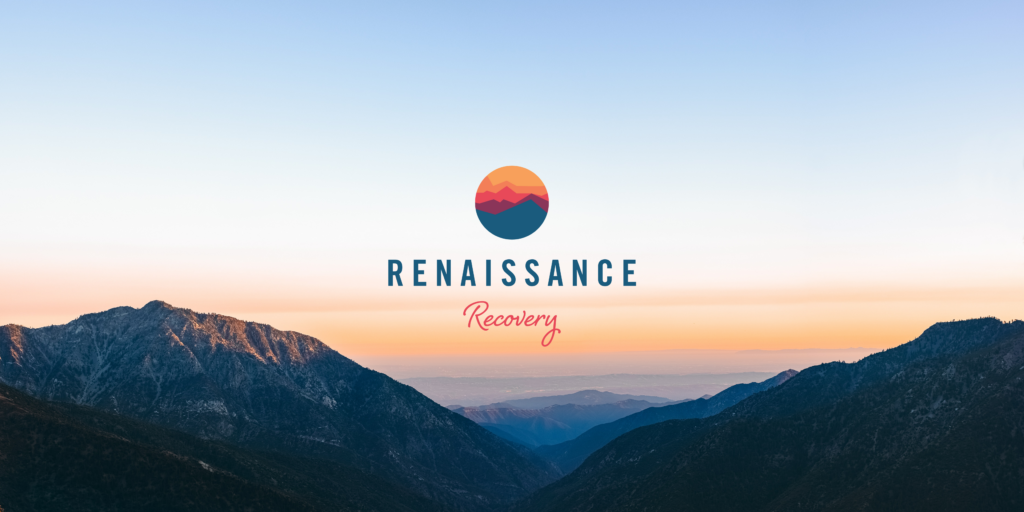If you feel you have a drinking problem, learning how to get sober safely and sustainably is key to ongoing abstinence. Getting sober is done most effectively by reaching out to a treatment program and addiction rehab and getting the process started. Unfortunately, many either fail to recognize the problem or are too nervous to seek help.
Research shows that just 10% of those requiring addiction treatment obtain any form of help.
Don’t fall into this statistic. Not getting help is incredibly dangerous and can result in a number of health problems including coma, overdose, and even death.
Best Way to Get Sober
Assuming you have moved beyond denial and admit that you have a problem with alcohol, the first step to getting sober comes with reaching out for help.
While getting sober is likely to be challenging, there is no reason at all to make the journey alone. Indeed, this study shows that having external support can increase the chances of engaging with and completing detox and addiction treatment, so don’t be afraid to tell your family and friends.
But, think closely about who is liable to help you on the road to recovery and who may hinder your progress.
With the help of your support network, look for a treatment center with a proven track record of success. Addiction treatment centers utilizing research-based therapies are most likely to deliver favorable outcomes. With evidence-based treatment like psychotherapy and MAT, you can respond to the reality of coping with a chronic brain disorder with the most chance of avoiding relapse.
You’ll also need to consider the severity of your alcohol use disorder (AUD). A mild AUD often responds to standard outpatient treatment, while a moderate AUD often requires the increased intensity of an IOP (intensive outpatient program) or PHP (partial hospitalization program). More severe AUDs typically require residential rehab, sometimes even medical intervention, and hospitalization.
ASAM (the American Society of Addiction Medicine) establishes a continuum of care as follows:
1. Early intervention
2. Outpatient treatment
3. Intensive outpatient programs
4. Partial hospitalization programs
Committing to an appropriate treatment program for alcohol use disorder gives you the skills you need to maximize your chances of sobriety and prevent yourself from becoming one of the 40% to 60% of those in recovery who relapse at least once.
How to Get Sober Fast
If you have recently found yourself asking how you can sober up quickly, there’s every chance you could have a problem with drinking or addiction.
As outlined above, engaging with a professional treatment program gives you the surest route to sobriety with your health and welfare placed uppermost.
While you may read about quitting drinking cold turkey, stopping abruptly can be potentially dangerous if you have a more severe alcohol use disorder and can even lead to death in some cases.
Don’t leave this up to chance, call an addiction treatment program today.
Maybe you don’t have a drinking problem at all, but you got unexpectedly intoxicated and wake up needing to at least appear more sober than you feel. Unfortunately, there is nothing you can do to reduce your BAC (blood alcohol concentration) levels. Also, there is no evidence-based cure for hangovers.
What counts is doing what makes you feel better, whether that’s drinking a strong espresso, eating a light breakfast, or taking a long soak in the bath.

How Can I Get Sober?
If you’re wondering, “how can I get sober?”, recovery is an ongoing process that is not always linear rather than a single event. That said, recovery cannot get underway until you detox from alcohol. This is where getting sober really starts and is often the most rigorous and challenging part of rehab.
Sustained alcohol abuse triggers changes in brain function and structure. When you stop drinking, your system struggles to cope. Alcohol withdrawal symptoms manifest as your body and brain respond to the lack of alcohol.
While alcohol withdrawal can be remarkably uncomfortable, the more you know about the process, the more confidently you can cope.
Your system will take time to recalibrate and return to normal functioning during detoxification. With your system alcohol-free, the adverse withdrawal symptoms associated with alcohol detox subside, usually clearing completely within a week.
Medical detox can help to minimize discomfort from withdrawal symptoms, reduce cravings for alcohol, and decrease the risks of potentially deadly complications like delirium tremens (the most severe form of alcohol withdrawal impacting roughly 5% of those who detox.
Following detox, you need to do whatever it takes for you to stay sober by committing
to, engaging with, and completing a treatment plan. This is the personalized collection of treatments and therapies selected to give you the best chance of getting sober and staying sober.
With alcohol use disorder treatment complete, you will now focus on aftercare, including any or all of the following:
- Step down the continuum of care to a less intensive form of treatment
- Relocate to a sober living home
- Continue with membership in 12-step or non-12-step programs
- Engage with motivational therapies
- Connect with an alumni program
- Focus on relapse prevention
What Does Getting Sober Feel Like?
The first element that characterizes early sobriety for many people is a dramatic shift in mood. During and after detox, you may find yourself feeling elated and full of passion for the future one moment before slumping and questioning why you are getting sober at all. This is normal and nothing to be concerned with. If mood swings or depression continue, though, you should speak with your treatment provider or healthcare provider.
Alcohol abuse often leads to weight loss or weight gain, depending on your habits and lifestyle. In most cases, these weight fluctuations should normalize as you get sober and stay sober.
You may also find yourself barraged by emotions and experiencing sensory overload. View this as an encouraging step toward claiming a brighter and better future. Expect physical and emotional changes as you transition from active alcohol addiction to recovery and sobriety.
And now for the good news! The longer you remain abstinent from alcohol, the more benefits you will start realizing. Your skin and eyes will look clearer, you’ll be in better shape, and you’ll start to feel stronger emotionally, while at the same time feeling less inclined to blot out your emotions with substances.
Everyone has a unique recovery journey, then, but there are nevertheless some constants to expect during the first month of sobriety.

Getting Sober: The First 30 Days
During the first 3 days of sobriety, withdrawal symptoms are at the most intense. Expect to experience any of the following:
- Headaches
- Nausea
- Vomiting
- Restlessness
- Sleeplessness
- Fatigue
- Raised heart rate
- Excessive sweating
- Aversion to food
- Depression
- Paranoia
The scope and intensity of alcohol withdrawal symptoms will differ depending on the severity of your alcohol use disorder. By the end of the first week of sobriety, detox should be complete, and withdrawal symptoms gone or almost gone.
As you edge into the second week of being sober, mild headaches may persist. Insomnia is commonplace and you may also experience dreams tempting you to start drinking again.
Feelings of restlessness and anxiety may crop up during week two of sobriety, and you should start to feel better by this point, physically and emotionally. Exercising regularly, practicing relaxation techniques, and breathing exercises can help.
During the third week of sobriety, your body is ready to stay sober, but your mind may start tricking you into believing recovery is a waste of time. Resist these feelings at all costs and focus on the fact it is your brain, unaccustomed to functioning without alcohol, that’s encouraging you to relapse.
The third week of sobriety is often characterized by dramatic mood changes. You could experience feelings of uncontrollable anger, too.
As you approach 30 days of sobriety, you will have detoxed both body and mind. Having said that, you can still expect to experience an emotional draw toward alcohol at times. It is also normal to feel agitated or off-balance during this phase of sobriety.
You could still experience sensory overload as your body seeks to recover from the damage caused by alcohol abuse. With the toxins gone from your system and your mind is overloaded with information, you may find this challenging.

Getting Sober at Renaissance Recovery
If you’re ready to start getting sober, here at Renaissance Recovery, we specialize in the outpatient treatment of alcohol use disorder, helping you to get sober and learn to stay sober without needing to pack your bags and head to residential rehab.
If you require a medical detox to protect you against potential complications from alcohol withdrawal, we can connect you with suitable facilities in Southern California or our rehabs in Florida. With your system free of toxins, you’ll be ready to engage with our evidence-based treatment programs.
Through an evidence-based combination of MAT, psychotherapy, and counseling alongside holistic therapies and family therapy, we’ll help you create the firmest foundation for sustained sobriety. We’ll also ensure you have the right relapse prevention and management strategies in place to maximize your chances of a seamless recovery.
To get started, or learn more about “how can I get sober?”, call admissions right now at 866.330.9449.









